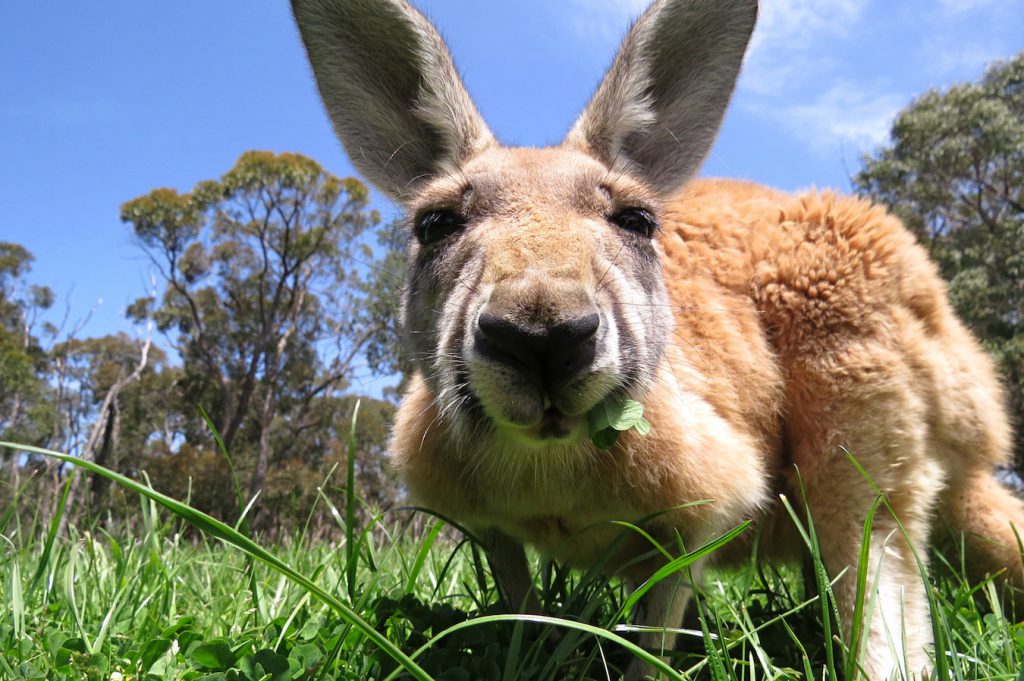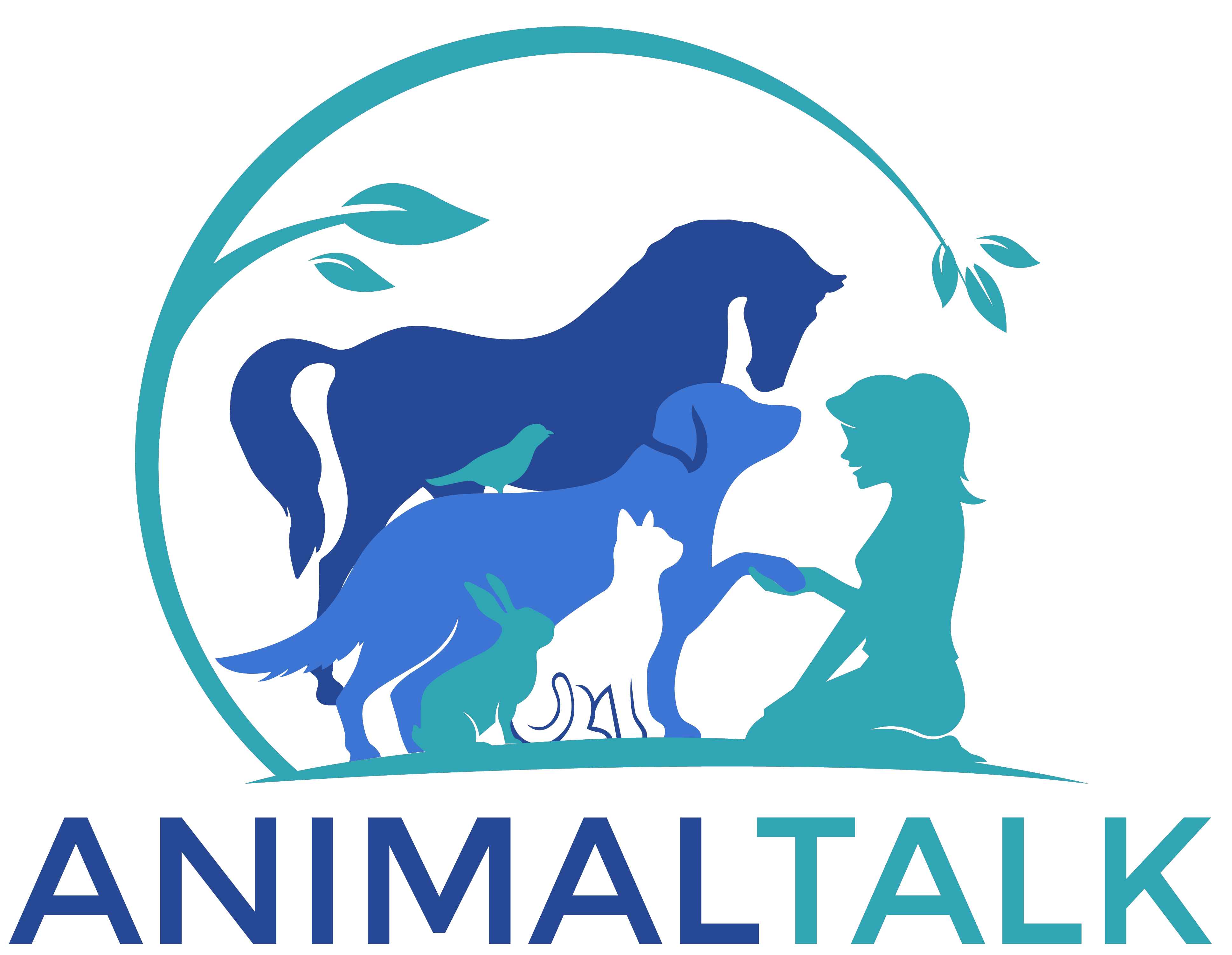| Kookaburras Magpies Currawongs | Meat Mince Bread | - These foods can produce imbalances in their nutritional requirements causing severe deficiencies
- You may encourage overpopulation of these species which is a problem as they are predatory
- Can lose the ability to source food themselves
| Insects Invertebrates Small reptiles Small mammals such as rodents | - Leave leaf litter in your garden as it will attract insects, vertebrates and lizards
- Leave safe dead trees and hollowed limbs of live trees
- Plant native trees
- Call WIRES if you find sick or injured animals
|
| Rosella Cockatoos Galah’s | Bread Fruit Food scraps Seed mixes | - Bread has poor nutritional balance
- Introduced fruit is not natural part of their diet
- Seed mixes are rarely nutritionally balanced and many are difficult to eat
- Encourages a population that would normally be nomadic to become sedentary , thus not balancing their diet
| Native grasses and seeds Large variety of insects and their lave Hardened fruits like gumnuts | - Leave safe dead trees and hollowed limbs of live trees – the hollows provide nesting sites
- Provide a balance of vegetation in your garden by avoiding hybrid native plants
- Provide water in varying depths with protection from neighbourhood cats
|
| Lorikeets Honeyeaters | Sugar and water Honey and water bread Non-native fruits seed mixes | - The digestive system of these birds is designed for a predominately liquid intake. Bread seed mixes and fruit quickly fill the bird and slow the digestion process leading to vitamin and mineral deficiencies predisposing the birds to disease through bacterial and yeast infections
- Diseases such as beak and feather diseases are easily spread through communal feeding trays
- With a regular food supply, nomadic birds will breed out of season thus becoming sedentary , creating localised over population leading to further disease
- Causes competition for insects and nesting sites harms smaller species
| Nectar and pollen from eucalypt and other native flowers Native berries and blossoms insects and their larvae | - Provide a balance of vegetation in your garden by avoiding hybrid native plants
- Provide water in varying depths with protection from neighbours cats by planting of varying heights around the water source
- Leave ‘safe’ dead trees and hollowed limbs of live trees – the hollows providing nesting sites
|
| Ducks | Bread Chips Vegetables Scraps Leftovers | - These foods do not provide the correct nutritional balance causing deficiencies and predisposing them to disease
- Bread can ferment in the gut causing bacterial infections
- Food settles on the bottom of ponds and rots causing levels of bacteria to rise and can cause things such as botulism which can kill ducks
| Plants growing along the waters edge , as well as in the water shrimps and mussels small aquatic animals and insects | - Contact your environment centre or council to clean up and regenerate the local pond, lake or lagoon
- Record your observations on the conditions of your local ducks, their environment and any changes this may be useful to your environment centre.
- Call WIRES if you find a sick or injured duck
|
| Kangaroos | Bread Left overs Milk | - Kangaroos are designed to eat large amounts of low protein roughage such as native grasses and browse. Human food is a poor substitute with little nutritional value and will disrupt their natural intake.
- If fed milk, the gut becomes aggravated causing diarrhoea and dehydration which can result in death
- Bread is a soft food and if eaten regularly it can result in gum problems. Once this occurs, it only takes a hardened grain or twig to puncture the gum allowing the disease ‘lumpy jaw’ to infect the gum area.
| Grasses Smaller macropods such as wallabies also eat fungus and insects | - Call WIRES if you find a sick injured or orphaned animal
|
| Possums | Bread Fruit Food scraps Milk ( soy, cow, goat) | - Fruits are not digested easily by ringtail possums, it ferments in the gut and produces vast quantities of gas – death is usually the end result.
- If fed milk, it aggravates their digestive system causing diarrhoea and dehydration which can result in death.
- Introducing a new food source ultimately reduces the possum’s territories creating over population of areas, predisposing them to disease.
| Bark, grass and leaves, eucalypt trees being the favourite for both the leaves and flowers Native fruit and small insects | - Provide a balance of vegetation in your garden, avoid hybrid native plants
- If possible keep your compost heap enclosed to prevent possums from scavenging and using this as their only source of food. It also discourages rodents.
|

